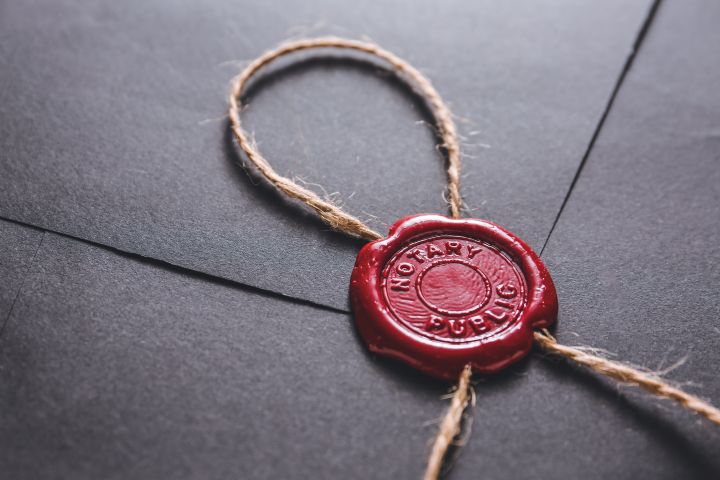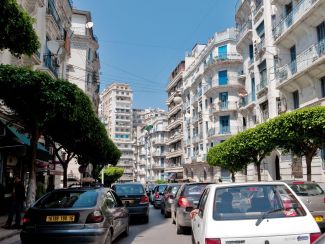
The legalization of documents, as well as notarization of their copies and translations, is a very specific field of activity that most people rarely come across. Therefore, it is quite natural that those who urgently need to prepare documents for use abroad have many questions.
The situation is aggravated by the fact that in many countries of the world the legalization of documents is regulated not by a single understandable law, but by a large number of complex international treaties and intricate statutes. Some of our clients, who are faced with this problem for the first time, are outraged: "Why is the same document easy enough to translate for use in one country, for submission in another country it needs to be apostilled, and in order to use it in the third country, it must be done through the process of consular legalization and even with notarization.
Therefore, we decided to briefly talk about what apostille and certification are and answer the most frequently asked questions about their practical use.
So you have a document. What needs to be done so that it can be used abroad? Previously, residents of all countries without exception had to resort to a complex, lengthy and multi-stage procedure to confirm the authenticity of a document in consulates and foreign ministries. However, in 1961 the Hague Convention Abolishing the Requirement of Legalization for Foreign Public Documents was signed, to which more than 140 states and territories have joined to date.
The crux of the matter lies in the fact that all parties to the contract have agreed to recognize each other's documents when those documents are affixed with a special stamp known as an apostille. In other words, an apostille is an internationally standardized form for filling out information about the legality of a document to be presented abroad.
But is an apostille always useful and always necessary? The answer to both of these questions is no.
There are more than two hundred countries and territories in the world. Some of them have not yet acceded to the Hague Convention for various reasons. In addition, we often talk about influential states with whom we often have to deal on various issues - related to the economy, tourism or education. Example: China, Canada and Egypt. For such countries, when using a document abroad, it is still necessary to go through the procedure of consular legalization.
But there are also countries for which, on the contrary, nothing needs to be legalized. For documents from Russia, for example, these are the former Soviet republics and the states that were part of the Eastern bloc. Appropriate additional agreements have been made between them. However, when submitting documents to a specific organization, it is still better to make inquiries. It sometimes happens that individual companies still need an apostille despite the simplified procedure.
And of course, you should always remember that certain categories of documents (particularly commercial and identity documents) cannot be authenticated with an apostille.
As for notarization of documents, this is a rather vague definition. So it is impossible to authenticate any document. So if you go to a notary with a leaving certificate or a birth certificate and ask him to certify it for use abroad, he will not be able to help you.
The notary can certify a copy of the deed. However, abroad you will most likely need this certification from a notary public authorized to practice in the country of filing. Therefore, you only need to certify it with an apostille in your home country.
But there is another important point that should never be forgotten. Regardless of how a document is authenticated - apostille, consular legalization or default recognition due to an agreement - you must always officially translate it into the language of the host country. And there is much more ambiguity in this area than in legalization. Each state has its own procedure and usually has certain unique characteristics. In addition, in some countries this area is not regulated by law, but by statutes or legal customs, which is why in each organization, when submitting documents, it is necessary to decide individually how to go through the translation. To cover this issue in more detail, we recommend reading Certified Translations on our website, which contains a description of the official translation procedures in many countries. But in general, in most countries there are either specially authorized, sworn translators whose translations do not require additional certification, or a notary public will certify a translation made by a qualified translator. But that is a topic for another article.





